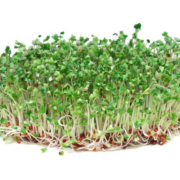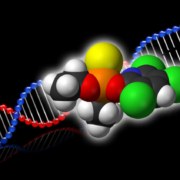Should I Use Folate or Folic Acid?
In the past few years, there has been a trend toward using folate, the natural form of vitamin B9, versus using folic acid, the synthetic form. Many times I’ve answered the question “Which form is better? I’ve heard…” I said on Tuesday that the study on folic acid, blood lead levels, and autism had a lesson. That lesson is this:
Folic acid from enriched foods or supplements is equivalent to folate from foods or supplements.
The body efficiently converts folic acid to folate, and from that point, there’s no difference in the benefits to the mothers or their babies. Even in women who have the MTHFR mutations, folic acid is still beneficial.
This won’t close the door on people who insist that folate is the better choice, but we know their assertions aren’t based on research. Every study on the impact of folate/folic acid on pregnant women and their offspring used folic acid. That’s the form that was put into grain-based foods beginning in 1998 with the objective of reducing birth defects; the reduction in birth defects has been estimated at 70%. Further research has demonstrated benefits to the children of mothers who supplemented with folic acid, such as reductions in allergies, asthma, and ADHD.
The Bottom Line
The results from the study on the benefits to the offspring of women who may have been unintentionally exposed to lead is that folic acid intake is directly related to prevention of harms to their babies. It also illustrated that megadosing is not required. The lesson is that folic acid, whether added to grain products or in supplements, is an effective form of B9 to accomplish that goal.
What are you prepared to do today?
Dr. Chet
Reference: https://doi.org/10.1289/EHP14479









